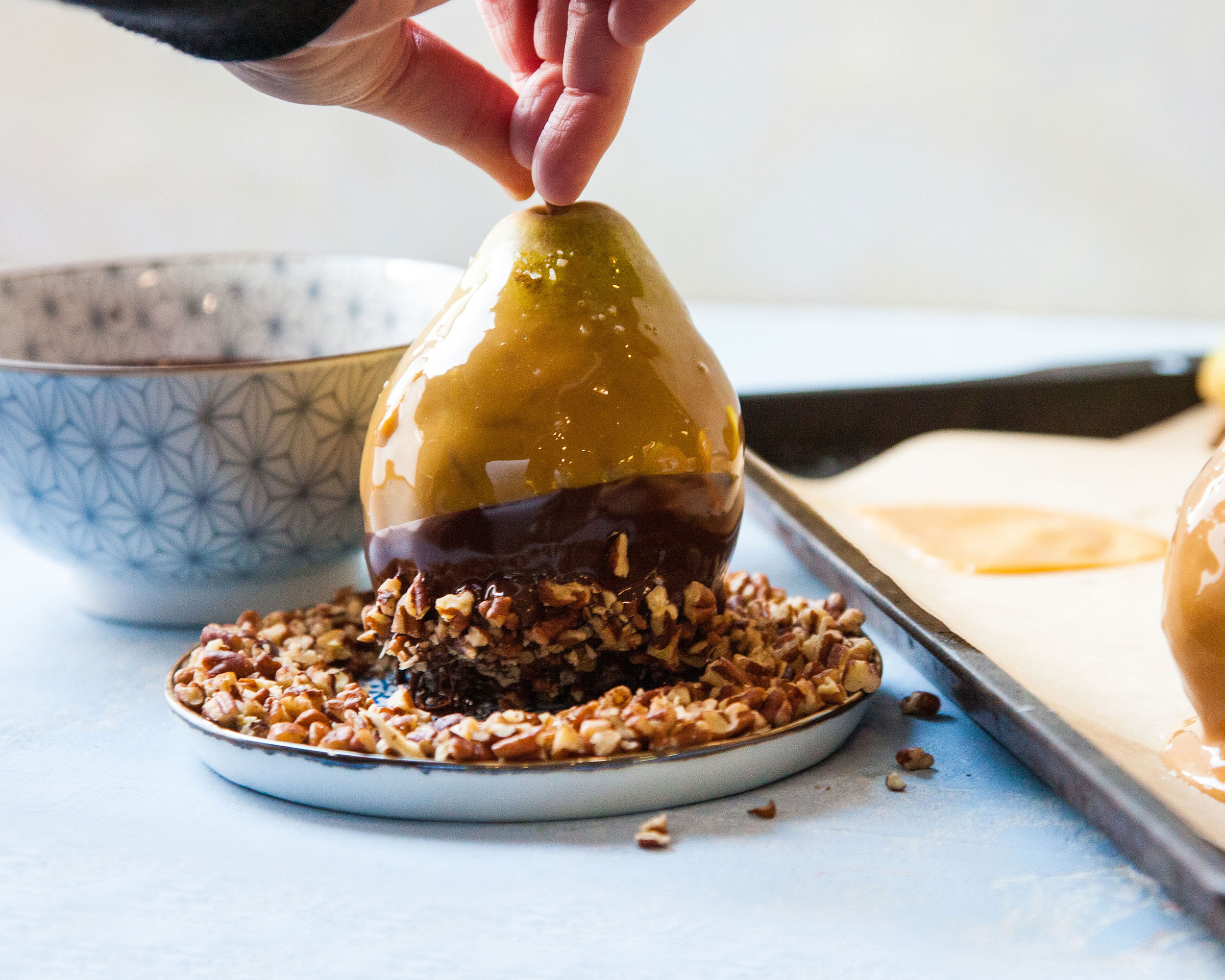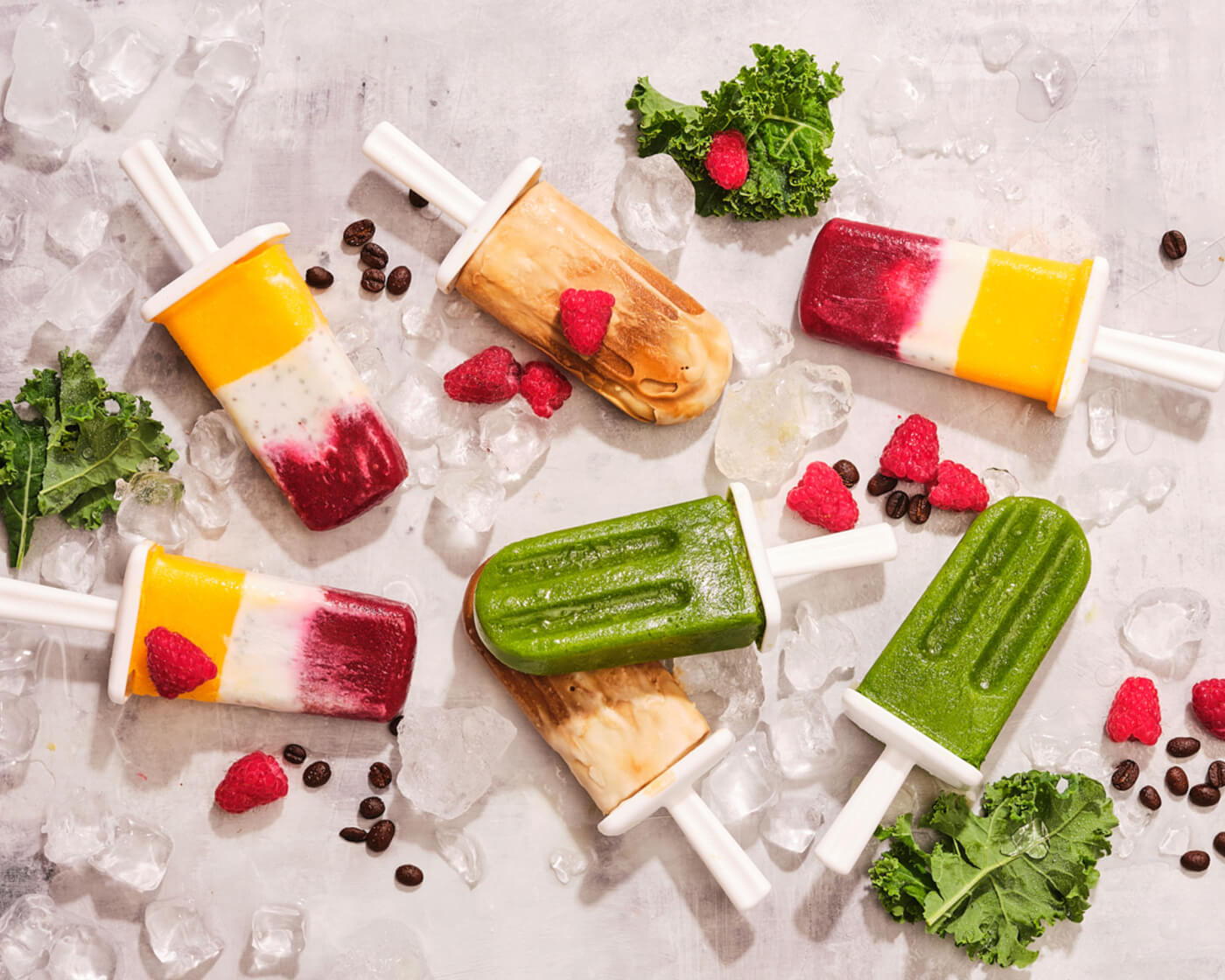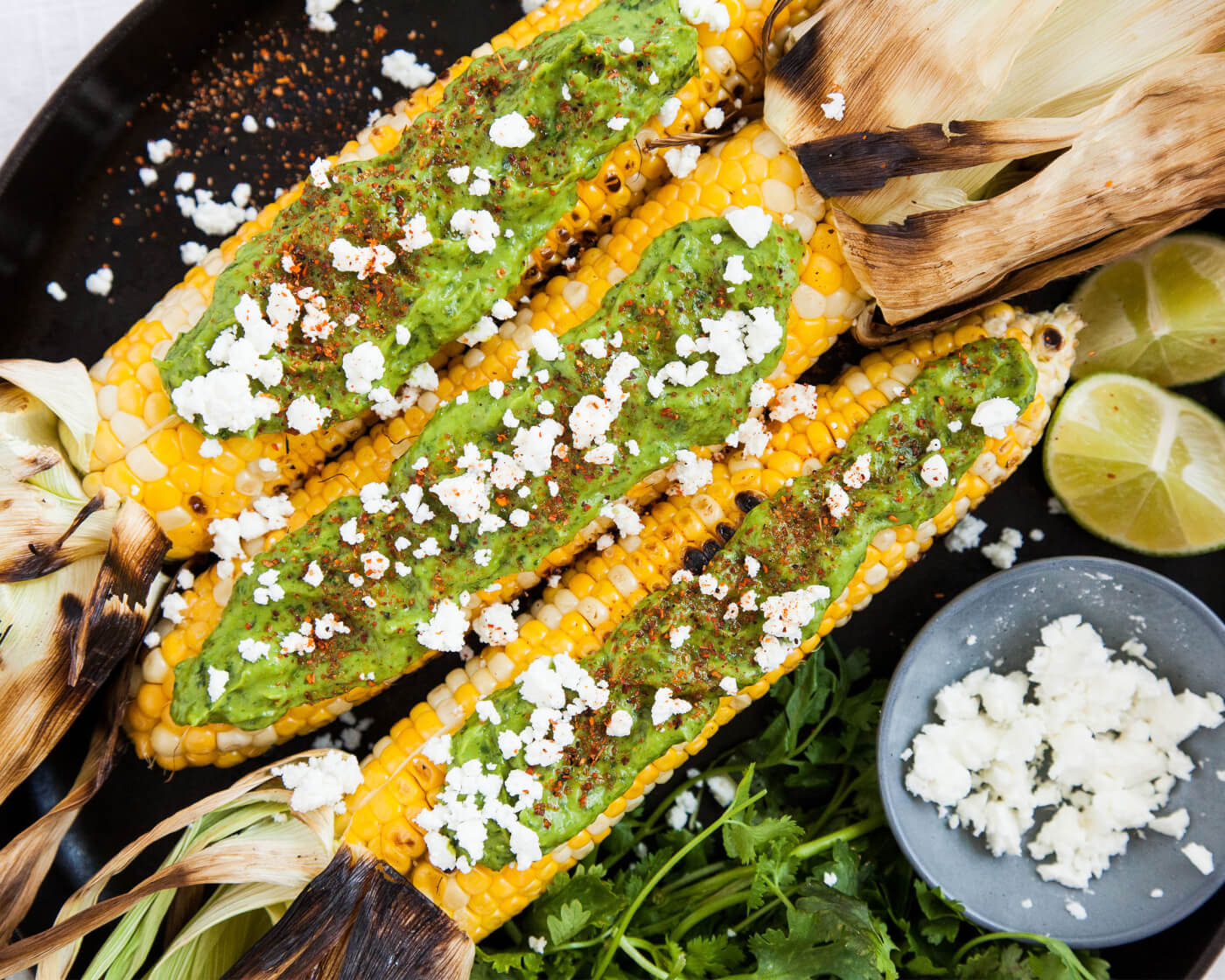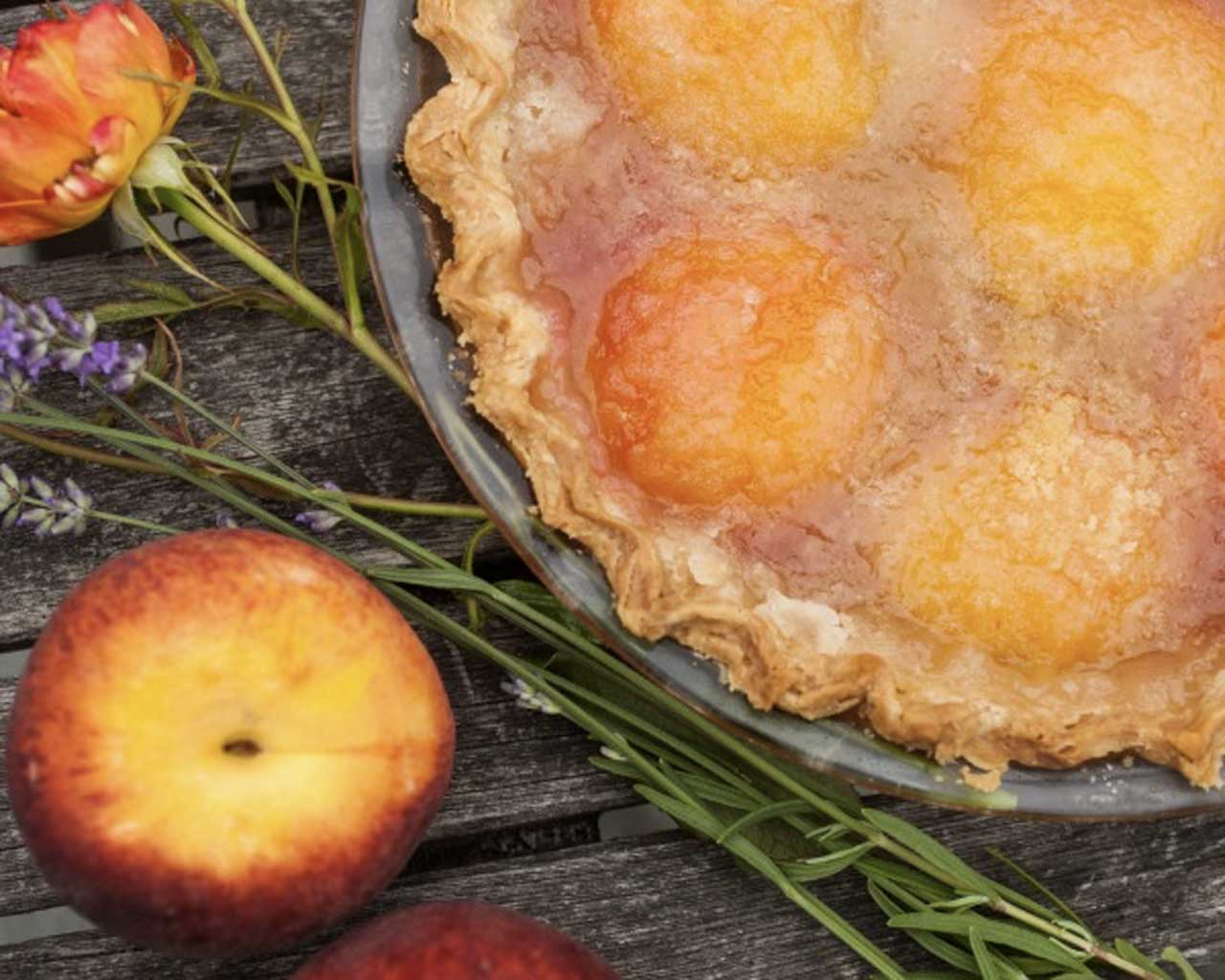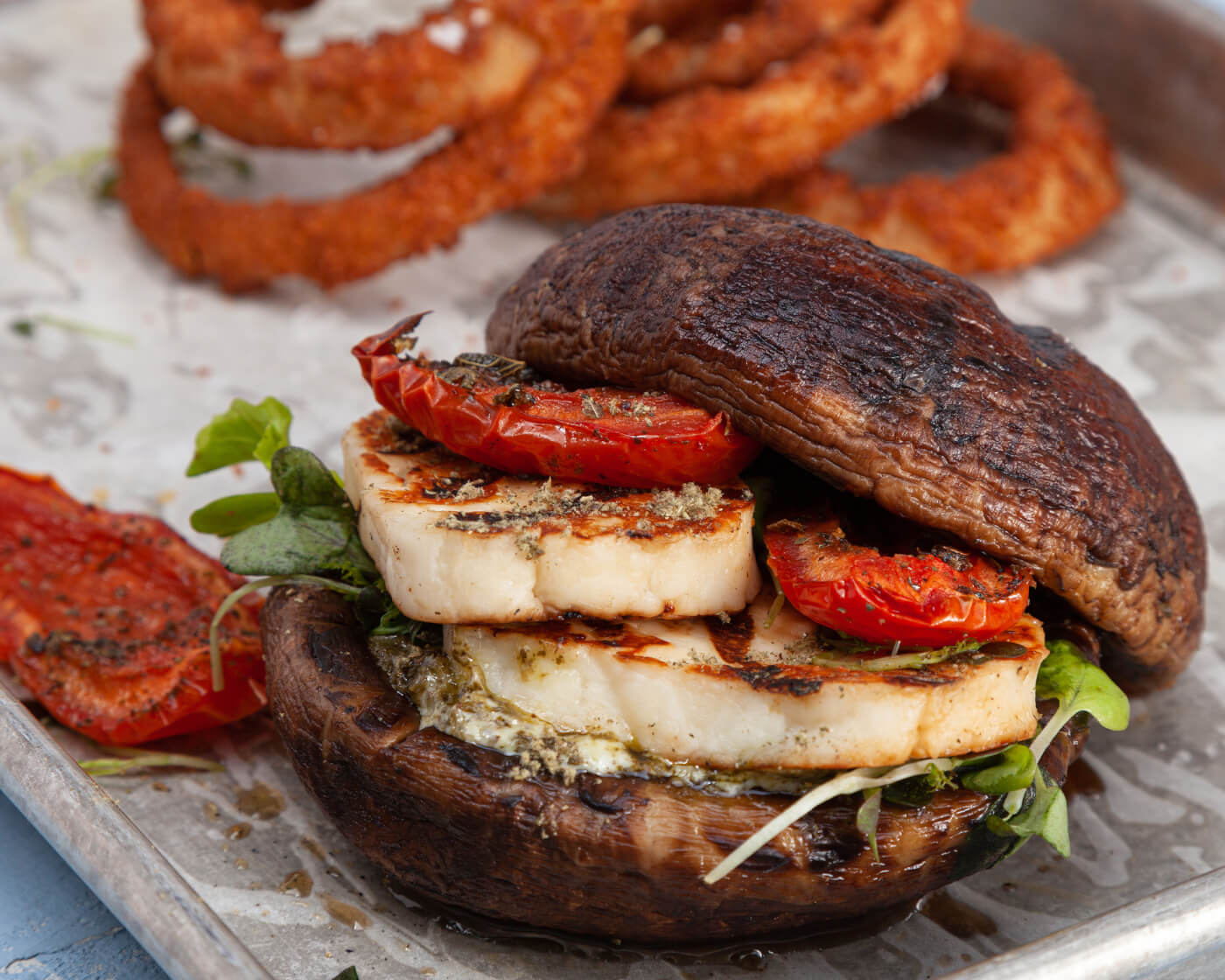What's Cooking
Grilling with dad on Father’s Day is a cliché for a reason: cooking meat over glowing coals makes for a delicious dinner any carnivore would love. Look beyond our border for inspiration, and you’ll find grilling styles that rely on novel cuts and superb sauces for deeply flavorful food rounded out by regional side dishes.
In Argentina, Uruguay, and Paraguay, the steak-grilling tradition is less about searing steaks fast, the way it’s often done in the US, and more about low and slow cooking. While high-heat charcoal or gas cooking is most common here, South American cooks sizzle their cuts over coals, often seasoned just with salt, then serve them with piquant, herbaceous chimichurri. The word parilla (pa-REE-jah) refers to both the (sometimes very ornate) metal grate placed over the fire and to regional steakhouses devoted to preparing meat this way.
In Argentina in particular, asados, or celebratory outdoor barbecues, are a cornerstone of culinary culture, where the parilla takes center stage. Asados originated when the beef-producing nation’s ranchers relied on using meat from the whole animal for sustenance while they tended their cattle on the range. They relied on any sort of parilla they could rig up—grills sometimes made of scrap metal, balanced on bricks over whatever firewood they could find—to cook the meat, sometimes whole or in large parts, for hours, until meltingly tender. The national dish is called a parillada, which is basically an array of grilled meats and sausages, often served with salads, empanadas, and red wine. This year, Metropolitan Market has partnered with our in-house recipe developers and a few purveyors to help you recreate an asado at home. (Don’t worry, all you need is your regular home gas or charcoal grill.)

Start with two traditional South American appetizers. Empanadas are savory South American pastries, usually made by folding a homemade flour- or corn-based dough around meat, vegetables, and cheese (or any combination thereof). They vary from region to region; wheat flour-based Argentinean and Brazilian empanadas tend to be small and served as appetizers. We hunted down the best local empanada makers, Rocky’s Empanadas, out of Redmond, WA, and they now supply us with traditional ground beef empanadas, plus grilled chicken, ham and cheese, spinach and cheese, mushroom and cheese, and Brazilian-style sirloin steak empanadas.
For another quick, easy appetizer you can prepare yourself, go for provoleta, which is Argentina’s version of molten cheese—it’s just a slab of Provolone cheese grilled until it begins to soften and ooze, then it’s spread on grilled bread with chimichurri.
Chimichurri is a vinegar-forward mixture of parsley, cilantro, onion, olive oil, and spices. While it’s sometimes made in a food processor today, we prefer to chop all the ingredients by hand, in the traditional style, for the most authentic rustic texture.
For the main event, an asado can include many different cuts of meat. We recommend skirt steak (or entrana in Argentina), flank steak (bife de vacio), and ribeye (bife de chorizo), which are all delicious dabbed with vibrant green chimichurri.
The same hallmark green condiment also goes on choripán, an Argentinean version of a hot dog made with chorizo sausage that’s easy to make at home on long rolls or baguette sections. Since traditional Argentinean chorizo is hard to find, we recommend using our Mexican chorizo.
Serve your asado with a side of papas fritas provenzal (country fried potatoes). For our recipe, we oven-roast flavorful Yukon Gold potatoes, so there’s no deep-frying mess, and shower them with a mixture of garlic and parsley before serving.
Don’t forget to pair your meal with an ensalata mixta (mixed salad). In much of South America, salads are kept light and simple, and ours is no exception—it’s just romaine, tomatoes, red onion, and a tangy vinaigrette.
For the full experience—and a sweet ending to your show of love for dad—finish the meal with alfajores, traditional Argentine delicate butter cookie sandwiches filled with homemade dulce de leche (caramel). The addition of cornstarch, guarantees a melt-in-your-mouth texture.

